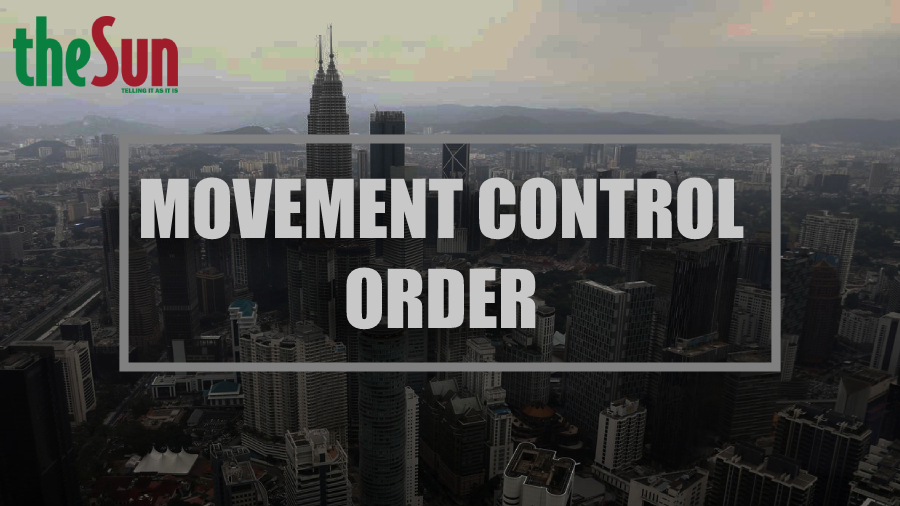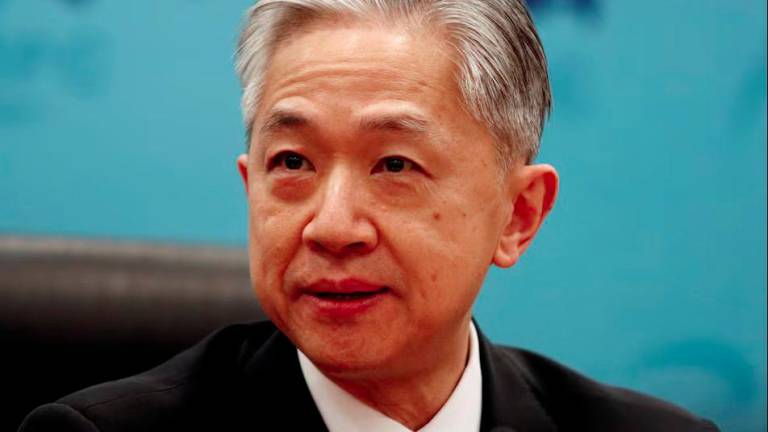PETALING JAYA: There is a strong case for employees to sue non-essential service companies that insist on their staff working in the office during the movement control order (MCO) period.
Errant employers can also be criminally charged under Section 24 of the Prevention and Control of Infectious Disease Act 1988 for violating the order, lawyer Teeru Varasu said.
“Employers have the duty to ensure the safety and well-being of their employees under Section 15 of the Occupational Safety and Health Act 1994,” he told theSun yesterday.
But there isn’t a strong case for companies under essential services to be sued if their employee contracts Covid-19 while on duty during this period, another lawyer said.
Yap Yeong Hui said essential service companies have to abide by guidelines issued by authorities in making sure their workspace is constantly sanitised and cleaned in order to receive people who may or may not be Covid-19 carriers.
“However, there is a stronger claim for employees working for non-essential service companies who contract the virus in carrying out their duty,” he said.
“It is implied in the contract between an employer and an employee that it is the employer’s duty to ensure their employees’ safety and wellbeing.”
Lawyer Xenia Lok said if the immediate family of the employee could prove that the company has breached a duty of care that they owe to the employee which has caused the death, or that the company fails to comply with any health and safety precautionary measures and requirements imposed by the government during this period, then they can sue under the Tort of Negligence.
“On the other hand, if the employee is the party who has not complied with the precautionary requirements, for example failure to wear masks and maintain hygiene and has resulted in self-inflicted diseases, there would be liability or contributory negligence found on his or her part,” she told theSun yesterday.
She said “being required to work” is not a good ground for legal action, as employees can tender resignation anytime and the freedom to contract is still there.
“It is implied in employment contract too that employer should have regard for employee’s well-being and safety in the course of his or her employment,” she said.
She also said employees are protected under Article 5 of the Federal Constitution; which is right to life and liberty, and Section 14(3) Employment Act 1955 as well, as an employee may terminate his contract without notice if he or his dependants are immediately threatened by danger of disease.













